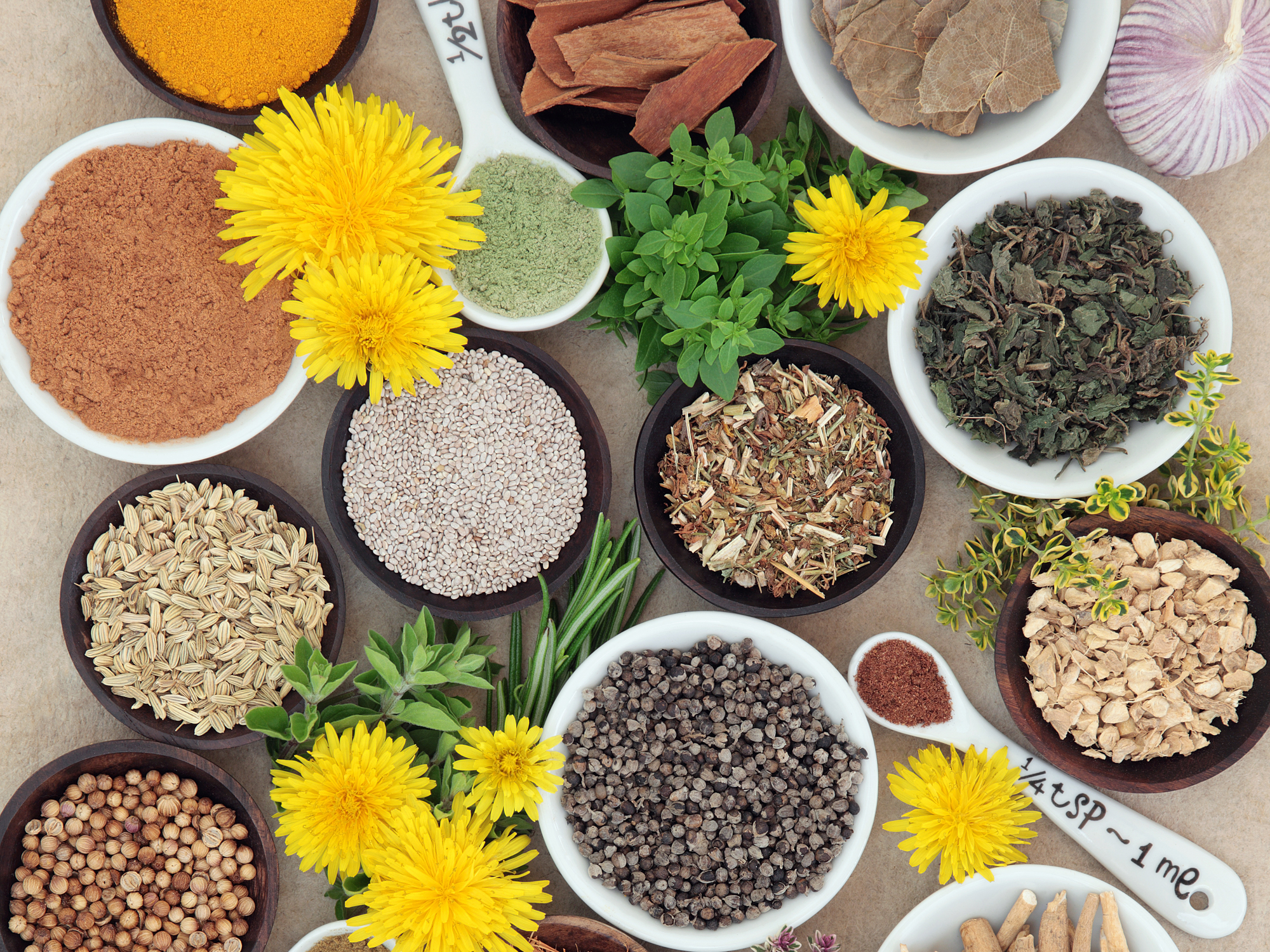Get Easy Health Digest™ in your inbox and don’t miss a thing when you subscribe today. Plus, get the free bonus report, Mother Nature’s Tips, Tricks and Remedies for Cholesterol, Blood Pressure & Blood Sugar as my way of saying welcome to the community!
3 powerful adaptogen herbs that boost immunity

You probably rarely think of your immune systems until you get sick.
Yet every day it goes about its work fighting attacks from the outside world — environmental pollutants, foreign materials, bacteria, food toxins and viruses — to keep you safe.
But not only does your immune system keep you from getting a common cold, it also protects you against all types of diseases — including cancer. The more you can do to support your immune system, the better off you’ll be.
That’s where adaptogen herbs come into play…
Adaptogens have the unique ability to ‘adapt’ and protect us against all types of stressors — physical, emotional, chemical and biological.
Quite incredibly, these special herbs have the capacity to directly modify the immune system so that your body can cope better, stabilize various physical functions, bring things back into balance, and prevent illness and disease from occurring.
Let’s get to know three powerful adaptogen herbs in a little more detail…
Withania somnifera, common name Ashwagandha or Indian Ginseng
Having anti-inflammatory, anti-stress and antioxidant benefits, Ashwagandha has long been used in Ayurvedic medicine where it’s known as the rejuvenation and longevity herb, largely because it’s effective as a natural aid for many conditions.
It has the ability to directly influence the central nervous system and neurotransmitters, along with endocrine organs that control hormone production and communication. It also helps minimize your body’s response to stress by keeping blood sugar and cortisol levels under control.
Any situation that may call for brain or mental health support is where rhodiola rosea really shines. This specific adaptogen has great neuroprotective benefits. So much so that it’s been shown to protect against the granddaddy of all neurodegenerative diseases, Alzheimer’s.
It’s also known to be a mood-boosting herb that turns energy up and stress down, improves mental and physical performance, learning and memory enhancement and fights fatigue.
Astragalus membranaceus
Astragalus is a Chinese herb used for centuries for general immune support as it strengthens the body against all types of disease. It has anti-inflammatory, anti bacterial and super-powerful antiviral properties, making it the perfect natural remedy for colds, flus, allergies and anything that requires a fast boost in immunity.
It’s so beneficial that it’s been used in patients undergoing chemotherapy, proven to be active against carcinomas and assisting patients to live longer, higher quality lives. Astragalus can also be used as a general immune tonic to keep you strong, healthy and energetic.
One caution however: Because adaptogen herbs are very potent, they can react with certain medications, including hormone replacement therapy; may not be safe during pregnancy; and can have a reactive effect in some people with autoimmune diseases.
Sources:
-
Head KA, Kelly GS. Nutrients and botanicals for the treatment of stress: Adrenal fatigue, neurotransmitter imbalance, anxiety, and restless sleep. Alternative Medicine Review. 2009;14(2):114-140.
-
Kulkarni, et al. Withania somnifera: An Indian ginseng. Progress in Neuro-Psychopharmacology & Biological Psychiatry. 2008;32:1093–1105.
-
Vareed, et al. Blood–Brain Barrier Permeability of Bioactive Withanamides Present in Withania somnifera Fruit Extract. Phytother Res. 2014;28:1260–1264.
-
Wang CH, et al. Rhodiola rosea, a potential Chinese herbal medicine prevents Alzheimer’s disease. Planta Medica. 2016;81(S 01):S1-s381.
-
Zhou Z, et al. Chemosensitizing Effect of Astragalus Polysaccharides on Nasopharyngeal Carcinoma Cells by Inducing Apoptosis and Modulating Expression of Bax/Bcl-2 Ratio and Caspases. Medical science monitor: International Medical Journal of Experimental and Clinical Research. 2017;23:462-9.














